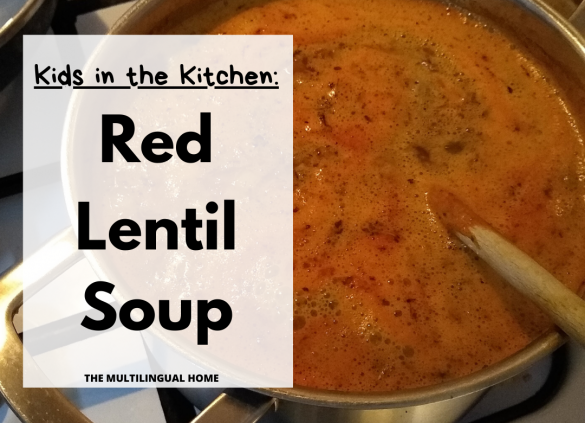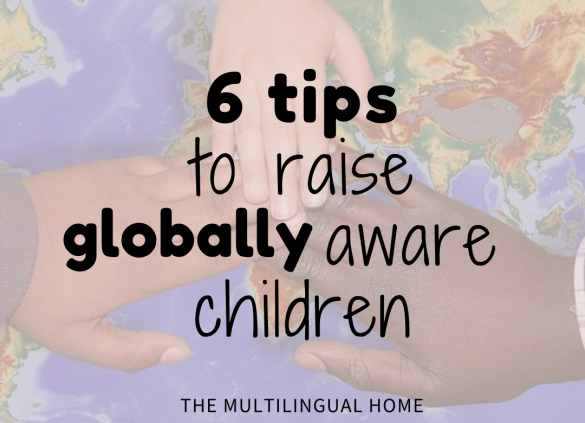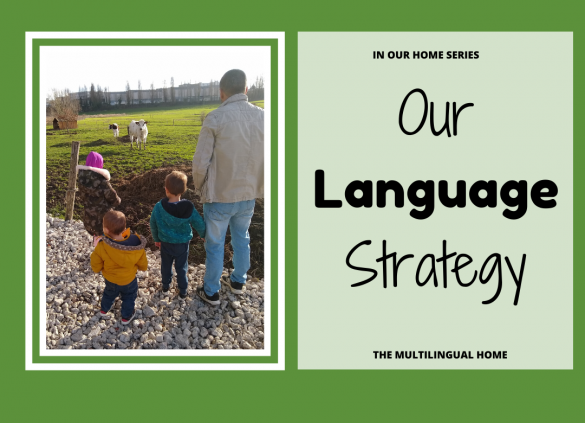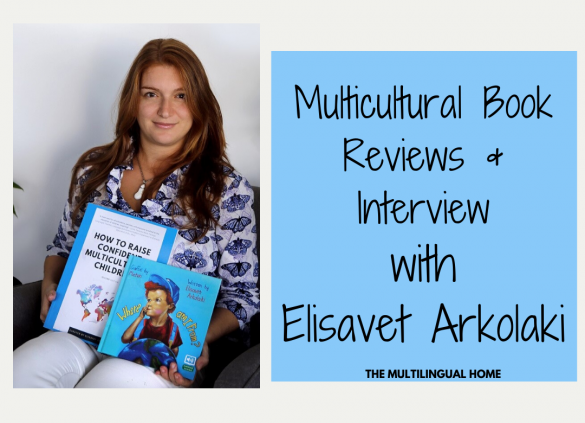Since Covid-19 and confinement, we have been trying to find ways that grandparents can still be active with their grandkids especially in the minority language from a distance. Here are some of their ideas for kids ages 5 and up!
Today, I sharing with you the ultimate guide to getting started on using Boom Cards. Boom cards are self-correcting, paperless task cards that make home learning so much easier, especially when it’s in a language you may not understand or a concept you don’t remember.
This month we are reviewing the multicultural book “How our Skin Sparkles” by Aditi Wardhan Singh We are also interviewing her about the role of multicultural books and the importance of multicultural education in today’s world.
Even though we live in a world whose population is more than half bilingual; parents wanting to raise bilingual children are often told not to. The comments we receive at times make us feel like they would be better off raising monolingual or children with one language. Below you find a list of ways to deal with the negativity that you may receive.
This Ramadan we are sharing dishes from around the world and how to make them with kids. This week is qar al deen or apricot pudding which is a staple and favorite dessert in Egyptian households.
Over on Instagram, I am sharing a 30-day series filled with questions, tips and activities on how to raise a bilingual or multilingual child. This is from my point of view as a parent. You can follow the whole series with the hashtag #youcannevertalktoomuch and read more about the series on our blog.
This Ramadan we are sharing dishes from around the world. This week is red lentil soup which is a staple of Turkish cuisine as it is served in most Turkish households. Today, we are sharing how to make this soup with kids.
Both The Turk and I would like to raise our three children to be conscious and aware of the countries and cultures they are from, but as well be globally aware. Today I am sharing 6 tips on how to raise globally aware children.
This whole situation that we are in right now with Covid-19 and confinement has had both a positive and a negative side for our bilingual / multilingual children. This in-home situation has made our ideal language strategy come to life but has also forced us to speak the majority language of French a little more than we usually do!
The word multicultural may seem like a misunderstood word, but these two books “Where am I from?” and “How to Raise Confident Multicultural Children” by Elisavet Arkolaki may be just the key to understand it’s meaning. Since we are a multicultural family, I was asked to review these books in exchange for an interview with the author which you will find below.










